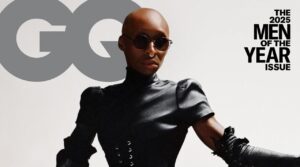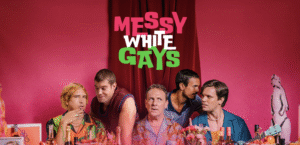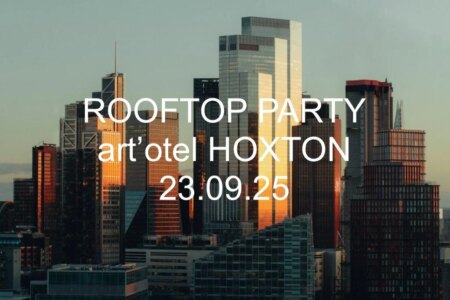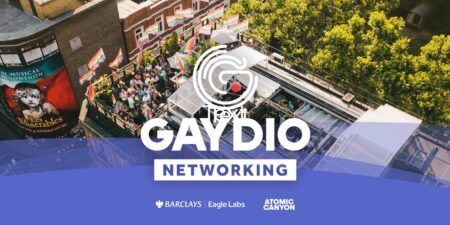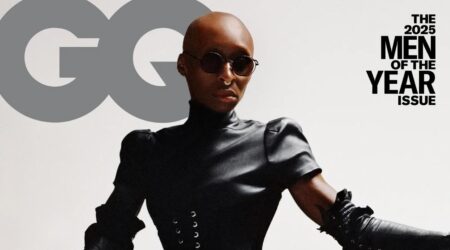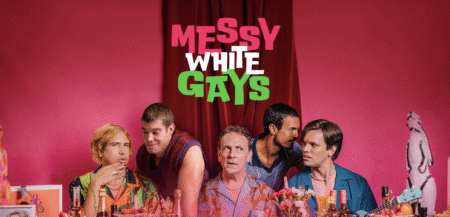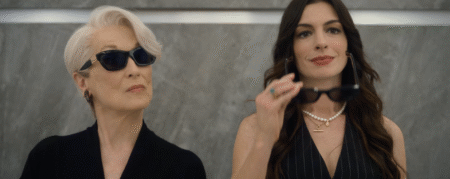Rupert Everett’s recent comments shed light on the hurdles faced by openly gay actors in the entertainment industry, highlighting issues of representation, success, and systemic bias.
Rupert Everett, the British actor, director and author, has ignited conversation with his recent comments on the challenges faced by actors in the entertainment industry, particularly focusing on the impact of their sexual orientation. At the heart of the discourse is the question of whether actors can achieve mainstream success while being openly gay, rather than merely portraying gay roles on screen.
Everett, known for his candidness and keen insights into the industry, has highlighted a significant observation: many of the actors celebrated for “playing gay” roles are, in fact, either heterosexual or have not publicly discussed their sexual preferences. He pointed out that, of the actors frequently-mentioned in discussions about successful portrayals of gay characters, a majority are either straight or choose to remain private about their sexuality. This observation suggests a potential disparity in opportunities and acceptance within the film and television sectors.
The conversation spurred by Everett’s comments also touches on another notable trend: the predominance of white actors within these success stories. Historically, whiteness has been perceived as offering the most straightforward pathway to stardom in Hollywood, presenting additional layers of inequality and systemic bias within the industry that sometimes intersects with issues of sexual orientation.
These comments arrive amid ongoing discussions within Hollywood about diversity, representation, and inclusivity both on-screen and behind the scenes. Over the years, the industry has seen an increased push towards more inclusive storytelling that reflects a broader range of experiences and backgrounds. Industry leaders and creatives continue to debate how best to support diverse talent and ensure that performance opportunities are not limited by an actor’s personal identity or ethnicity.
As the entertainment industry evolves, it is grappling with how to address these historic disparities and foster an environment where authenticity and diversity are embraced and celebrated. Rupert Everett’s remarks serve as a focal point for these discussions, encouraging reflection on the progress that has been made and the work that remains to be done. The challenges facing openly gay actors—along with the overall diversity within Hollywood—remain complex issues that require sustained conversation and effort in pursuit of equitable representation.
Source: Noah Wire Services



